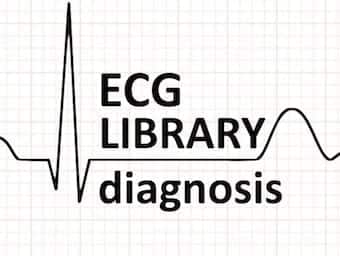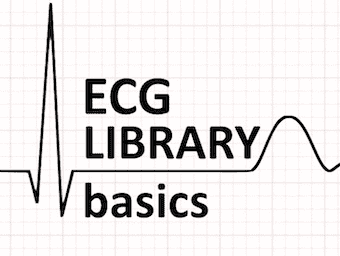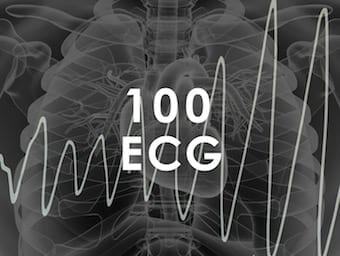
Hillel J. Gitelman
Hillel J. Gitelman (1932–2014) American nephrologist. Described Gitelman syndrome, a renal tubulopathy mimicking thiazide effect with hypokalaemia and hypomagnesaemia.

Hillel J. Gitelman (1932–2014) American nephrologist. Described Gitelman syndrome, a renal tubulopathy mimicking thiazide effect with hypokalaemia and hypomagnesaemia.

Hypokalaemia causes typical ECG changes of widespread ST depression, T wave inversion, and prominent U waves, predisposing to malignant ventricular arrhythmias

Part five of a 5 part lecture series on ECG/EKG Interpretation with Dr Theo Sklavos and cardiologist A/Prof William Wang.

51 yr old female who presented with chronic vomiting. She has a history of rheumatoid arthritis and paroxysmal atrial fibrillation. Her medications include sotalol and rivaroxaban.

Hypokalaemic Periodic Paralysis; rare channelopathy; muscle weakness/paralysis with a matching fall in K+ levels; starts in adolescence; weakness may be mild -> full body paralysis

Hypokalaemia: the most common electrolyte abnormality in hospitalised patients; mostly caused by drugs and GI disease

It’s a busy night shift in the ED (as always) and one of the Interns comes to present a case to you. He’s seen a 23 yr old female who has presented with lethargy and weakness. While you're listening to the Intern your phone rings — it's the lab calling to tell you the patient’s potassium is 1.9 mmol/L.

A 50 year old Chinese female presents with severe weakness. She has a history of previous similar episodes that self-resolved. What's going on?

30-year old patient presenting with generalised weakness. Describe and interpret this ECG. Hypokalaemia